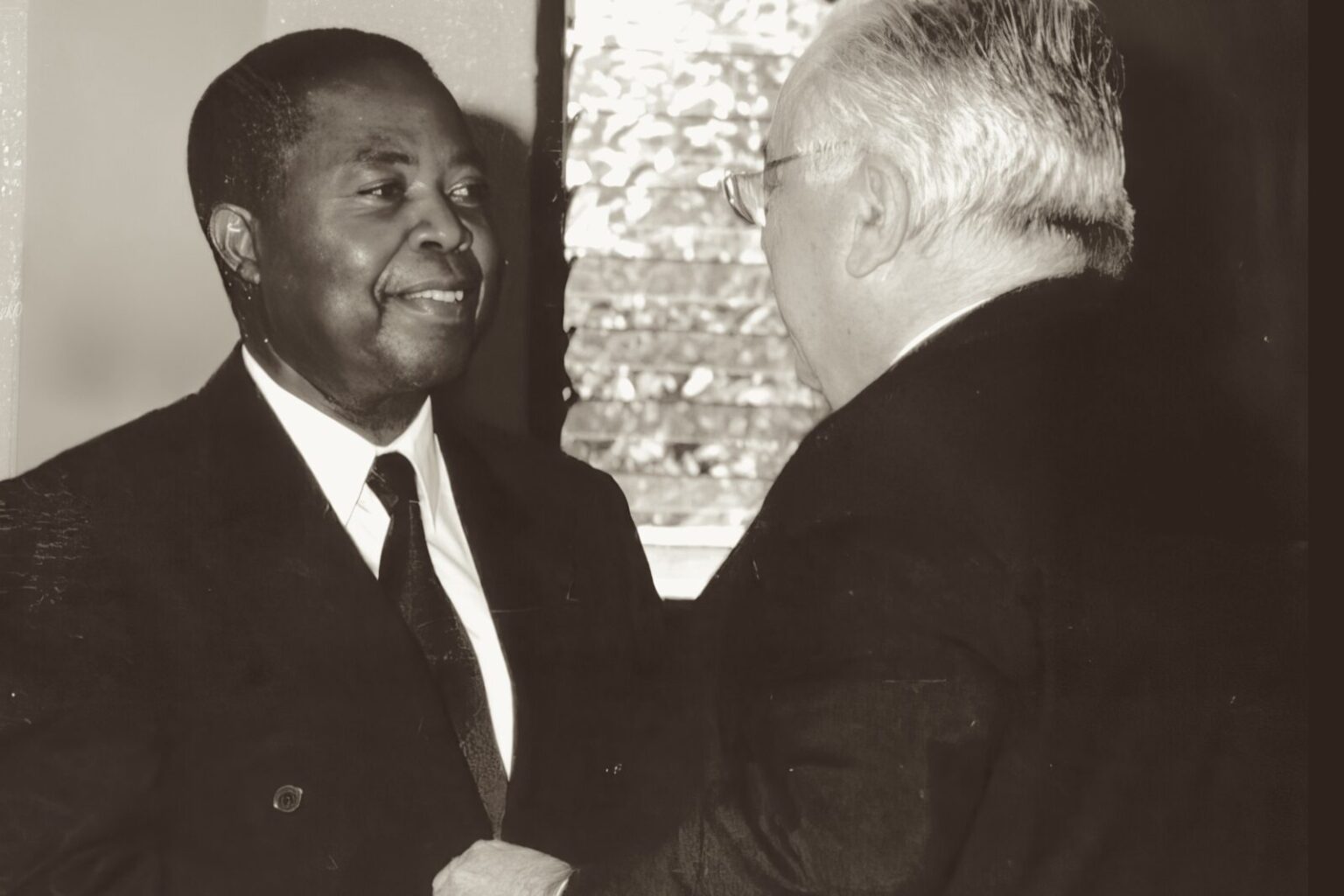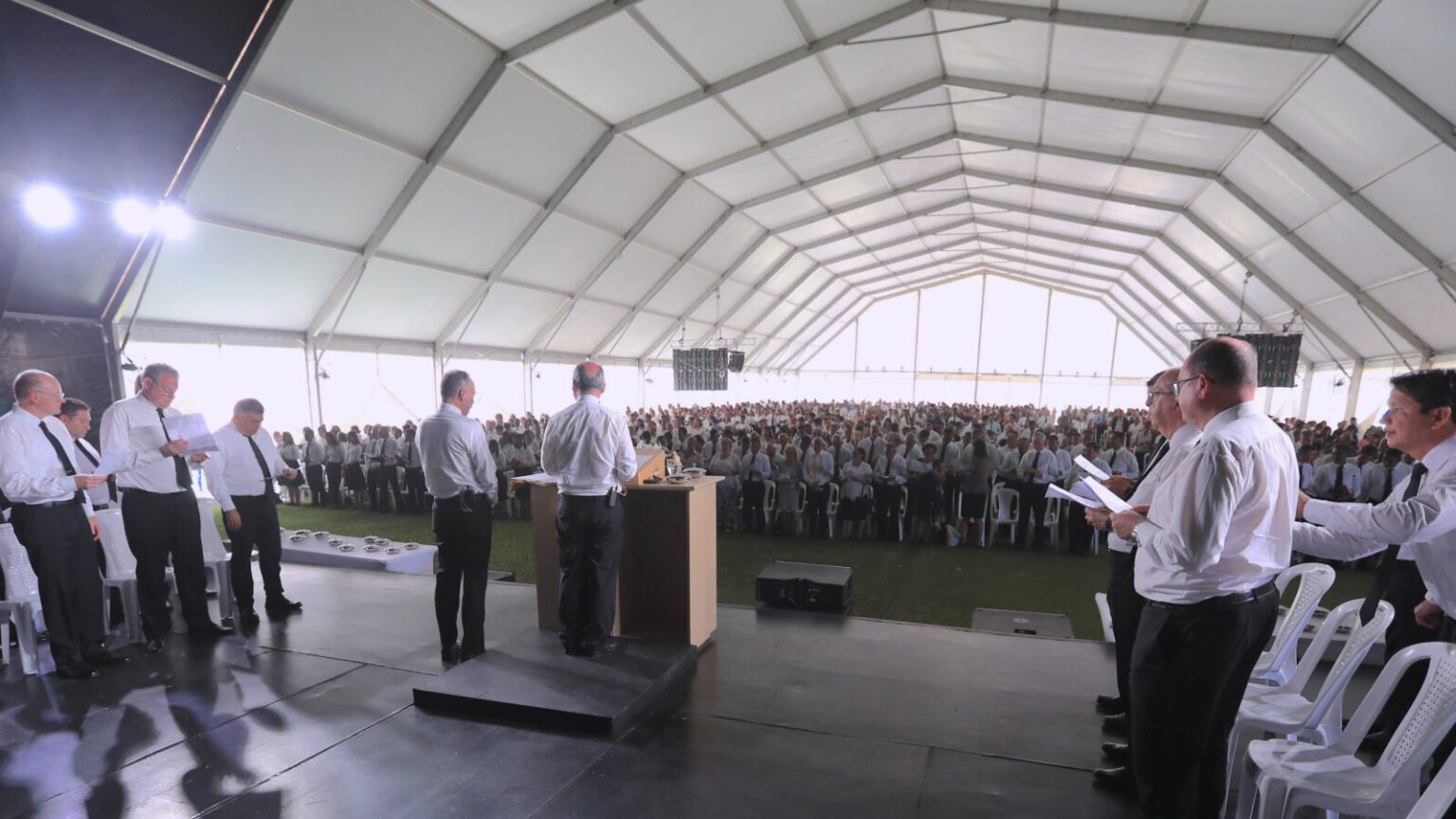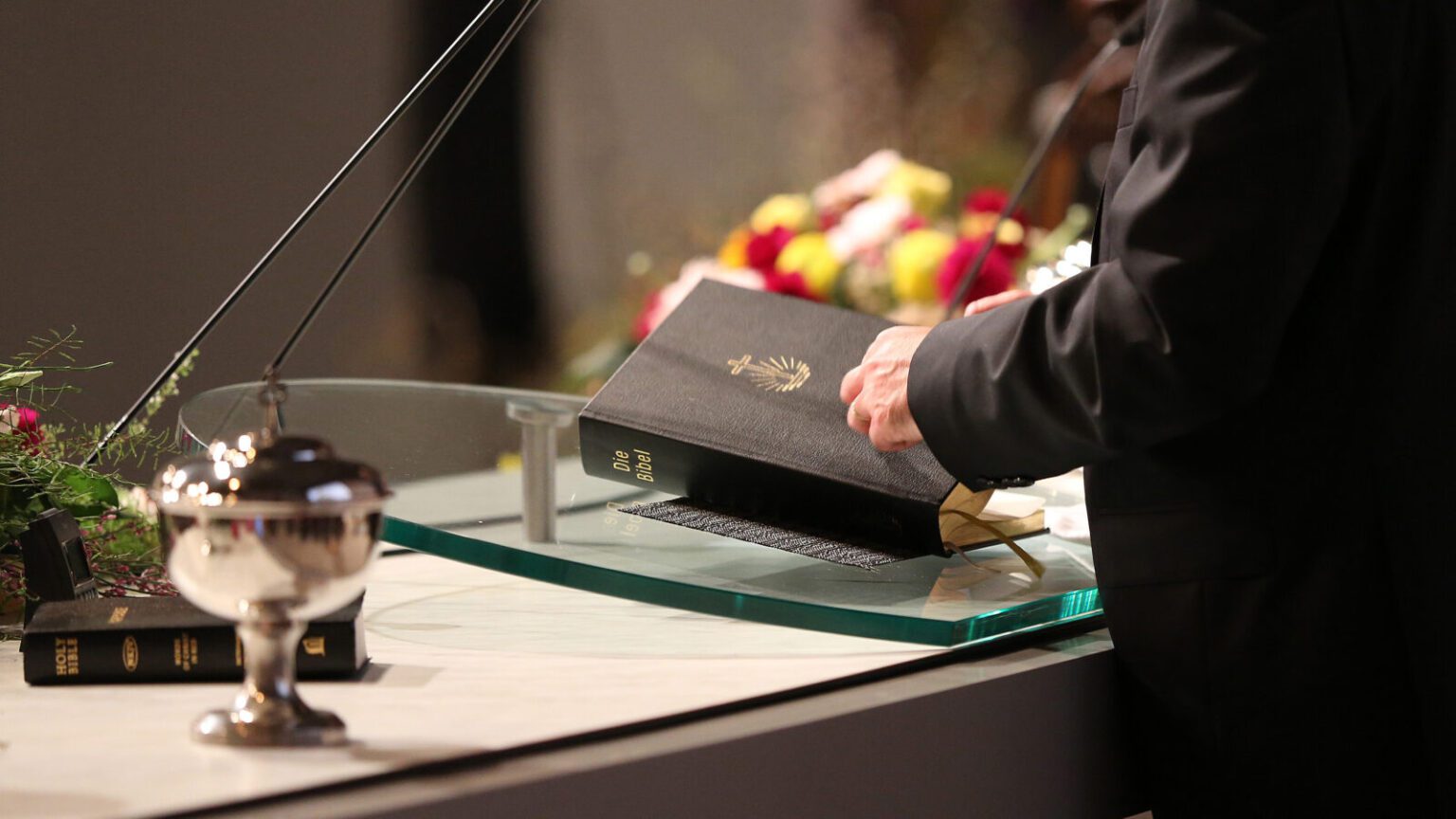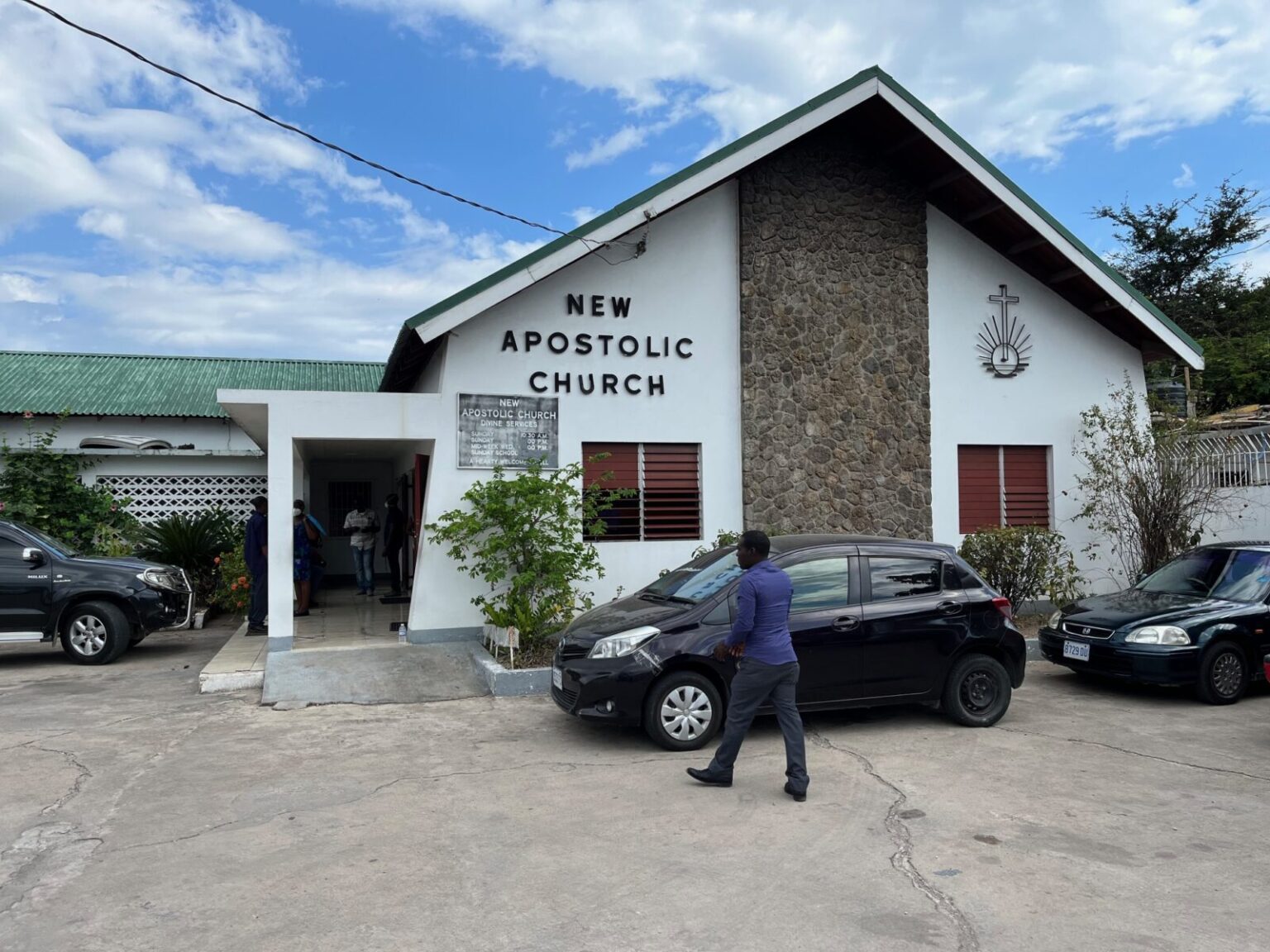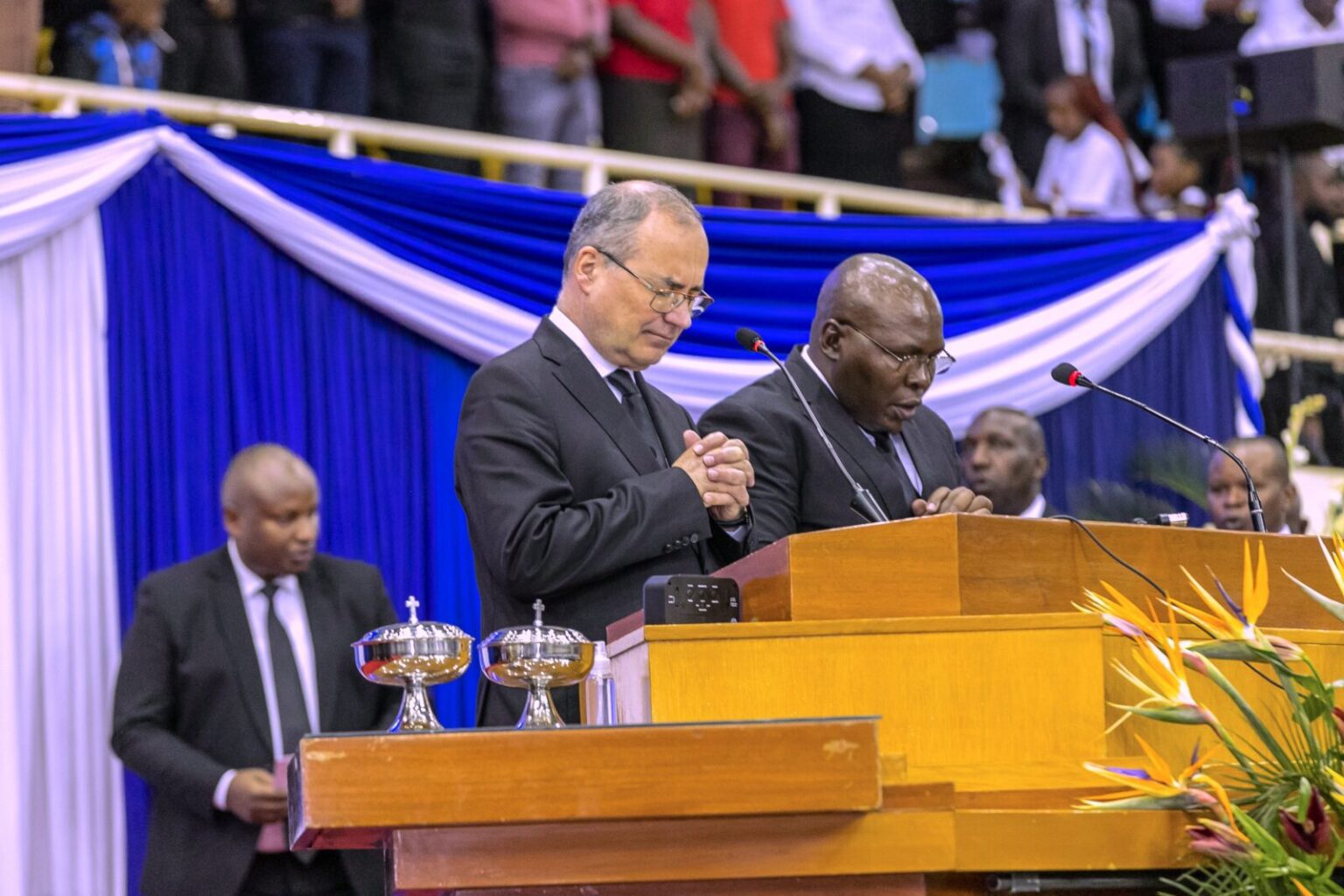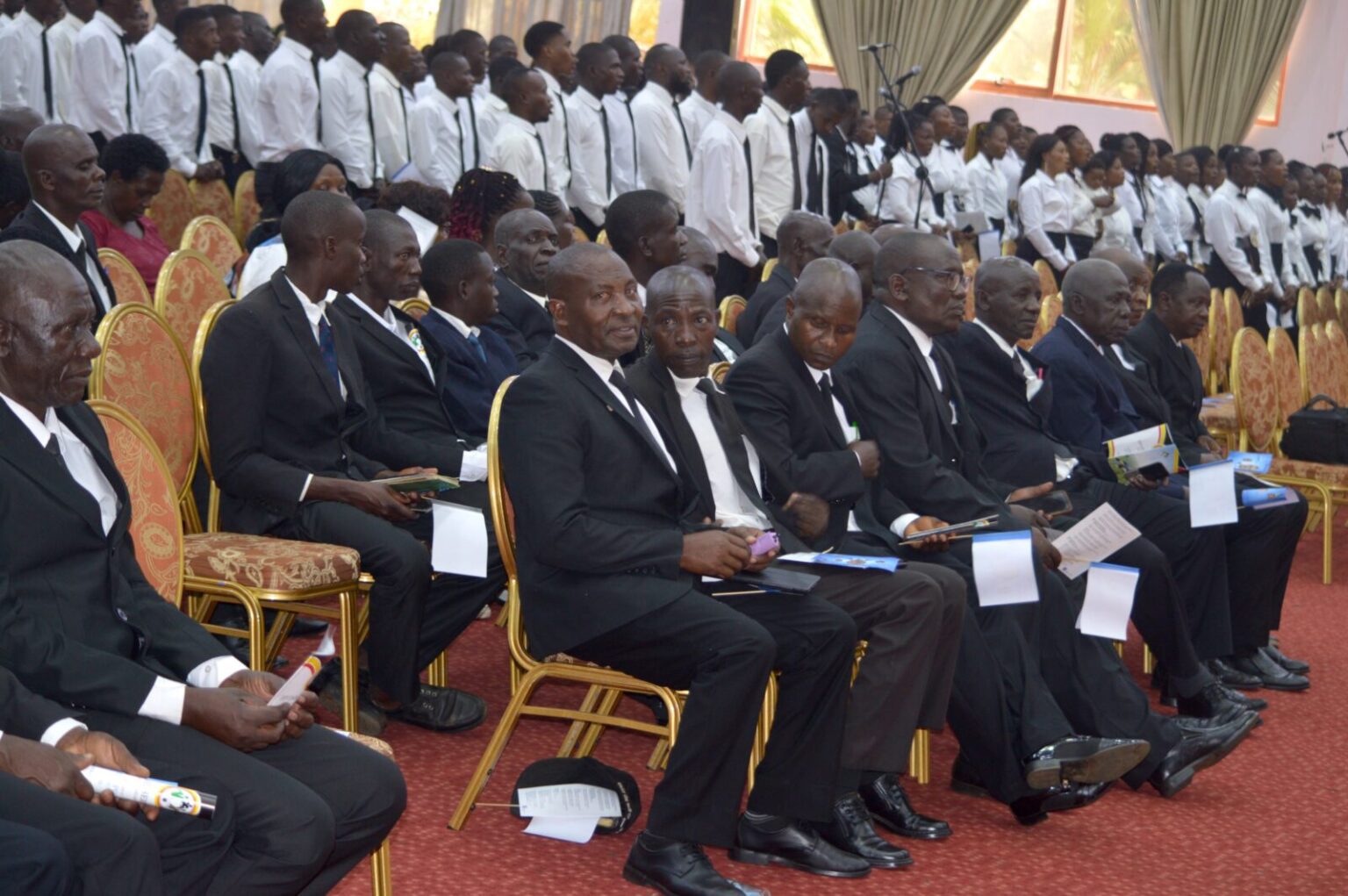
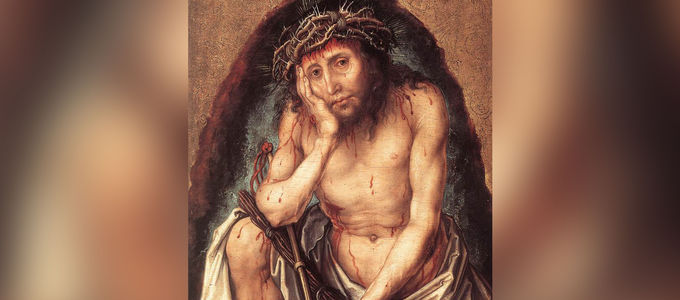
Chief Apostle Jean-Luc Schneider’s 29th trip abroad this year will take him to north-eastern Europe. This coming weekend, more than 3,000 brothers and sisters in Lithuania and Latvia are looking forward to his visit.
The Chief Apostle is being expected by a small circle of believers in Lithuania, whose population is predominantly Roman-Catholic, and in Latvia, most of whose inhabitants have no religious affiliation. The New Apostolic Church in the two Baltic states counts 3,466 members. They are spread over 31 congregations and are cared for by 43 ministers.
For more than ten months, the congregations have been looking forward to the Chief Apostle’s visit. “The expectations are high and growing,” Apostle Walter Schorr (Germany) says. He has been responsible for the congregations in Lithuania and Latvia for many years. He is supported by Bishop Artūras Strelciunas, a local man.
Two days, two divine services
On Saturday, 18 August, Chief Apostle Schneider will conduct a divine service for the Lithuanian and Latvian ministers and their wives in Šiauliai (Lithuania) at noon. On Sunday, then, the members from all congregations in both countries are invited to a divine service with him. It will take place at eleven o’clock in Riga, the capital of Latvia. The music will be provided by a project choir from Lithuania.
It is Chief Apostle Jean-Luc Schneider’s first visit to Lithuania and Latvia. Chief Apostle Wilhelm Leber travelled to the Baltic States in 2006 and Chief Apostle Richard Fehr in 1991.
First congregation in Lithuania founded 116 years ago
The first congregation of the New Apostolic Church in the Baltic states was founded in 1902 in Šilutė (then called Heydekrug). In 1910, a congregation was opened in Klaipėda and in 1914 in Kybartai. A few years later, on 21 February 1925, the New Apostolic Church was officially recognised in Lithuania and registered.
What characterises the congregations in the twenty-first century? “There is profound kindness and a great willingness to help. There is a great spirit of sacrifice among the active members,” Apostle Schorr says gratefully.
Influences from many countries
The nearly three million inhabitants of Lithuania and the approximately two million in Latvia look back on a turbulent and millennia-old history: both have a non-Christian state religion, a common history with neighbouring Poland, close ties with the Hanseatic League, and on account of their geographic location on the Baltic Sea, they once belonged to the empire of the Russian tsars. That explains the many cultural influences. In the west of the country, there are Hanseatic-north European traditions with strong German, Danish and Swedish influences (for example, Brick Gothic architecture and half-timbered houses). In the east, particularly in Vilnius, one finds Polish cultural elements. This is what Wikipedia says.
Impulses for faith
To meet the Chief Apostle personally, to shake his hand, or to look into his eyes—are the wishes of the brothers and sisters in the Baltic states. And what does the Apostle expect? “Impulses for our faith through the activity and power of the Holy Spirit—for the members and for me,” Walter Schorr says.
The land of the Pensive Christ
In Lithuania one often comes across sculptures of the Pensive Christ, called Rūpintojėlis in Lithuanian. The sculptures depict a contemplating Jesus, sitting with his head supported by his hand with the crown of thorns and marks of his flagellation visible. He is alive, and not nailed to the cross. The message of the image is clear: Jesus Christ is certainly dead, but He has also resurrected. The man Jesus Christ lived on earth two thousand years ago, but He is still concerned about mankind to this day. In their divine services, Christians worship Christ the Living One, the One who cares about them. And they will do so also this coming weekend in the Baltic states.
Photo: Albrecht Dürer/wikidata.org/wiki/Q48447927





